In the age of viral content and quick-fix culture, TikTok has birthed a troubling new trend: “SkinnyTok.” From glorified starvation tips to glamorized before-and-after shots, these videos push extreme weight loss narratives that blur the lines between wellness and harm. Mitun De Sarkar, Clinical Dietitian & Founder of Simply Healthy, steps in with a clear, grounded voice amidst the noise. With years of clinical experience and a passion for sustainable health, she breaks down the real risks behind these social media fads—shedding light on how they impact young minds, distort body image, and fuel dangerous behaviors. In this eye-opening conversation, Mitun offers a refreshing, science-backed perspective on how to navigate digital diet culture and choose health over hype.

What are your thoughts on the rise of trends like #SkinnyTok and the kind of content being promoted under this hashtag?
It’s honestly heartbreaking. I see these videos and think, “What are we doing to our girls?” You’ve got these messages like “Don’t eat today so tomorrow you can slay” or “Skip dinner, wear crop tops.” It’s toxic, plain and simple. And what worries me most is how easily these ideas are dressed up as “fitness” or “motivation.” It’s not motivation, it’s starvation in disguise.
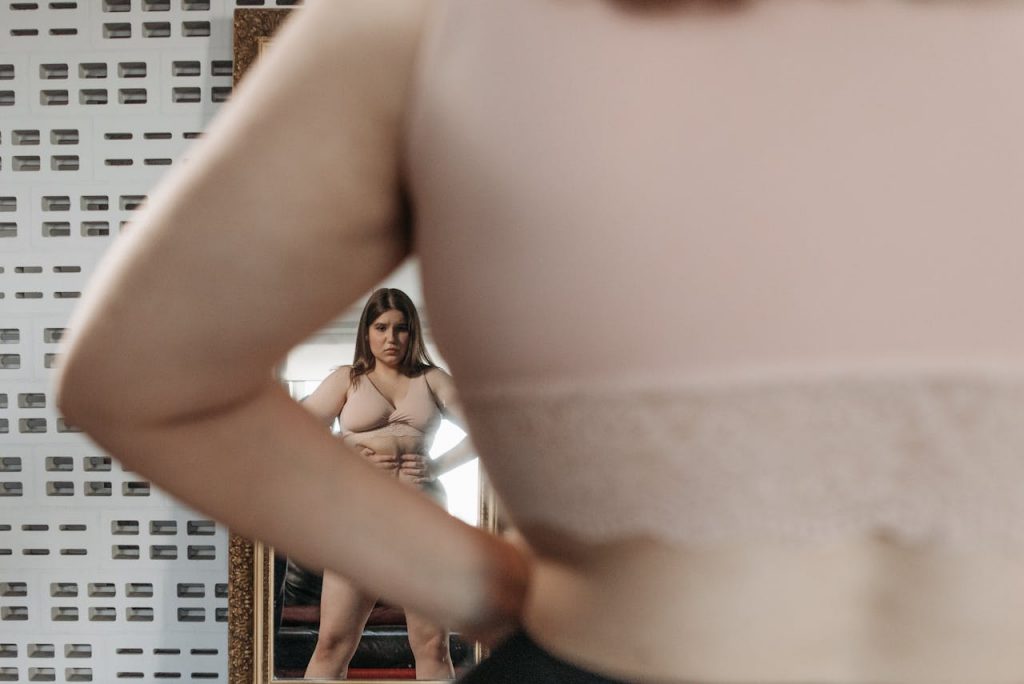

Why do you think these “thinspiration” trends resonate so strongly with younger people?
Youngsters are still finding their identity, and the internet tells them that being thin equals being beautiful, successful, loved, and accepted. These videos tap into that insecurity and say, “Shrink yourself and you’ll be worthy.” And let’s be honest, when you see a post get a million likes, that validation can be addictive. It’s scary how fast it spreads.
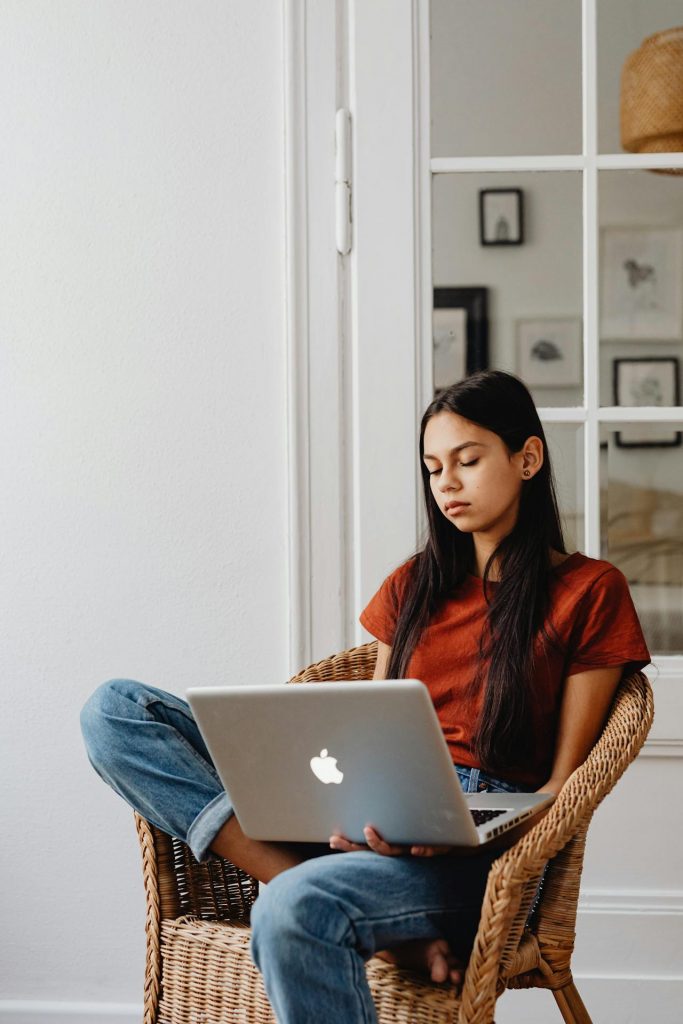
From a clinical perspective, what are the most common nutritional risks with viral weight-loss trends?
So many! I’m seeing girls who’ve lost their periods, have low iron, no energy, chronic bloating or constipation, and thinning hair. Some are eating 700–800 calories a day and wondering why they feel awful. That’s not a calorie deficit, it’s malnourishment. And the sad part? They think they’re doing something “healthy.” Orthorexia is on the rise, and I can sense Anorexia is back

What’s the difference between healthy weight management and the extreme methods we see online?
Healthy weight management is all about supporting your body, not fighting it. It includes proper sleep, hormone balance, nourishing meals, and movement that feels good. What we see online? It is often just starvation, overtraining, and obsession with aesthetics. Real wellness doesn’t leave you exhausted and anxious. It supports your life, it doesn’t become your life.

What are some red flags to watch out for in TikTok diet advice?
Here’s what I tell my clients to look for:
– Quick-fix promises “lose 10kg in a week”
– Creators using Ozempic or other GLP1 drugs and not disclosing it
– People advising with zero credentials
– People eating baby food, rice cakes ,and skipping full meals as discipline
If it sounds extreme or unkind, trust your gut. That’s not wellness.
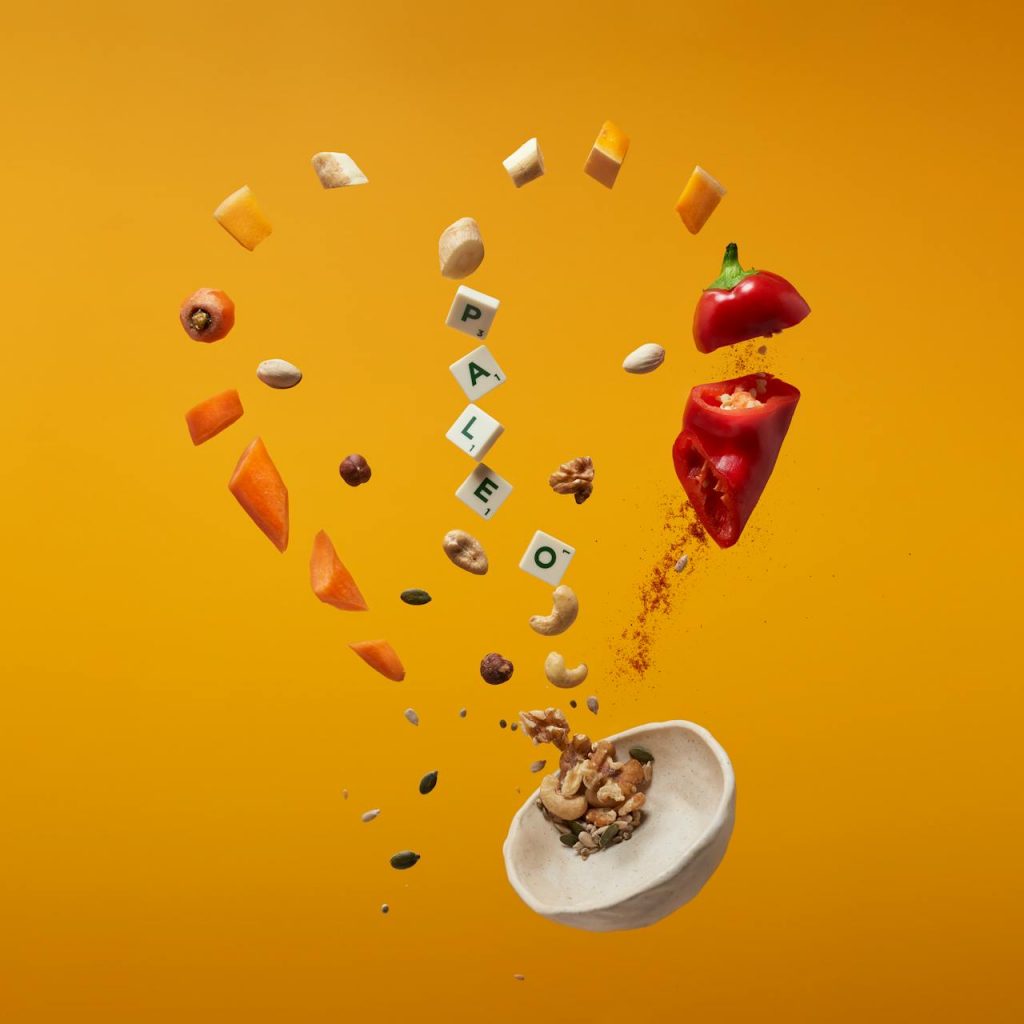

How do these trends affect mental health?
They wreck it. I’ve seen women who can’t go out to dinner without panic. Girls who cry after eating a slice of bread or a banana. Food becomes something to fear, not joy. And that kind of anxiety? It takes years to unlearn. These trends fuel shame and body obsession; nothing about them is mentally nourishing.

Are you seeing more young people coming to you with health issues from social media trends?
Yes, absolutely. And it’s younger than ever. I’ve had 14 and 16-year-olds who’ve lost their menstrual cycles, who are fatigued all the time, or struggling with hair loss and gut issues because of what they picked up on TikTok. I wish I could say this was rare, but it’s happening more and more.
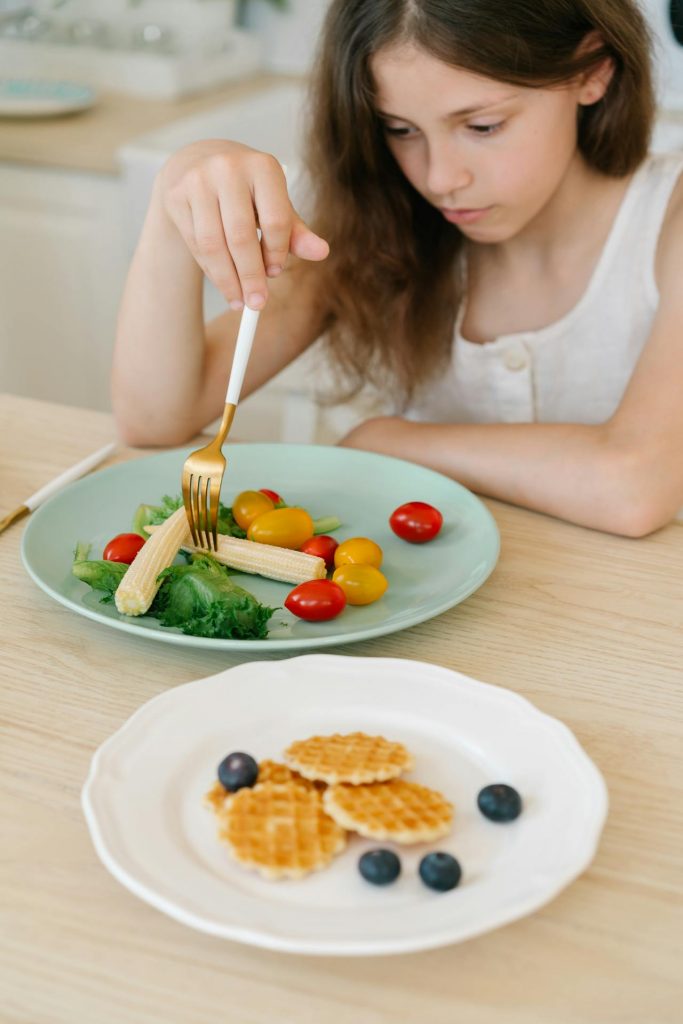
Why are extreme calorie deficits so dangerous, even if they seem to work short term?
Because your body isn’t just burning fat, it’s losing muscle, messing up hormones, and slowing metabolism. You may look smaller on the outside, but inside, your system is under stress. And the rebound weight gain? It’s real. The body fights back, and often, you end up worse than where you started.
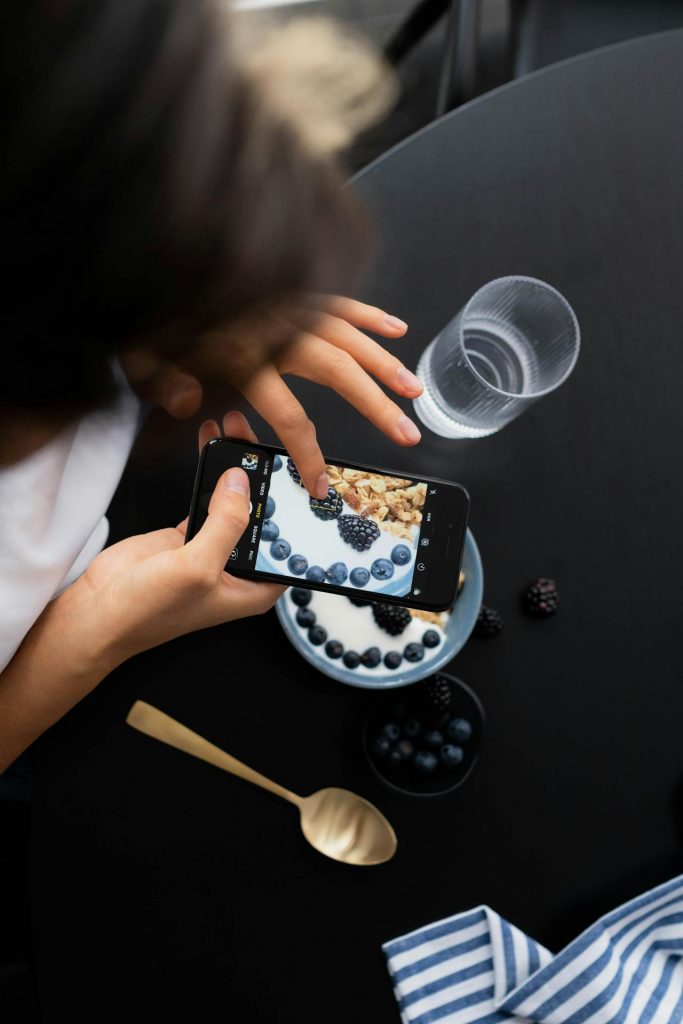
How does nutrition misinformation online mess with people’s understanding of health?
It creates this all-or-nothing thinking. It makes people fear real food and trust random trends. One reel says fruit is bad, another says skip breakfast, and suddenly, you’re bloated, tired, and scared of rice. Nutrition isn’t one-size-fits-all. But social media makes it look like it is, and that’s where the real damage starts.

What would you say to someone tempted to try a viral diet trend but not sure if it’s safe?
Pause. Just take a breath and ask “Does this actually sound like something my body would thank me for?” Would you recommend it to your daughter or best friend? If the answer is no, don’t do it. Your body deserves better than a crash diet wrapped in glitter and filters.
How can parents or educators help young people have a healthier relationship with food and body image?
It starts at home. Don’t label foods good or bad. Don’t make weight the focus. Eat together. Talk about energy, strength, joy, not just appearance. Ask them what they’re watching online. You’d be surprised at what they’re seeing. And when they open up? Listen without judgment. I had a disturbing case where a mother also thought her 15-year-old daughter’s face was chubby and she needed a procedure to enhance her jawline. Such conversations and mindsets should be discouraged at home. Be thoughtful.
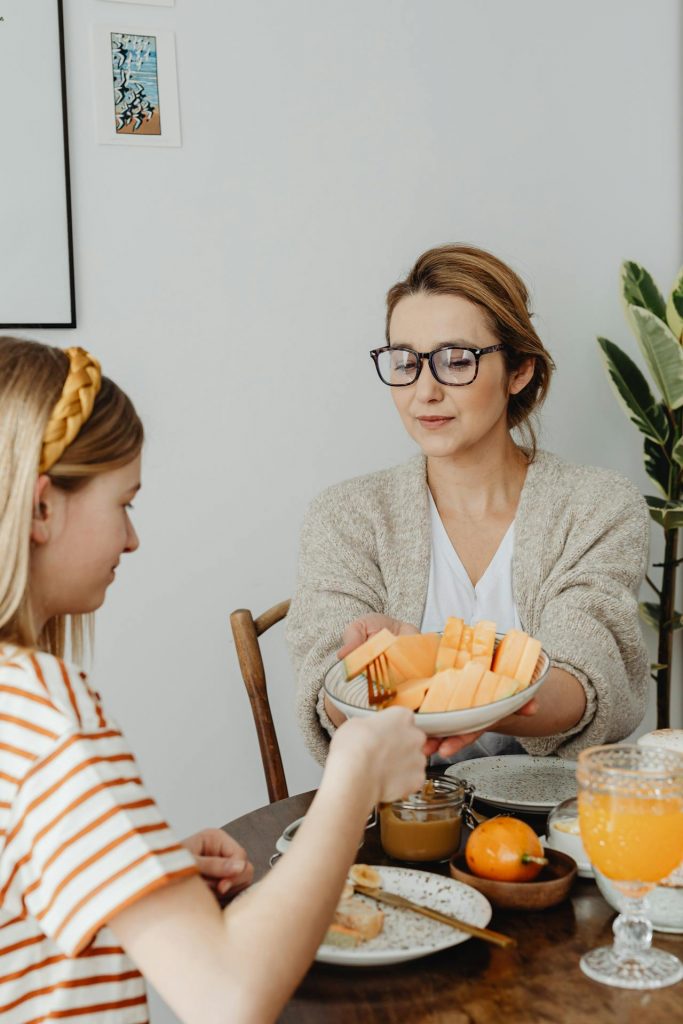
Can TikTok be used for good when it comes to nutrition?
Definitely, but we need more real experts in the mix. The platform has a huge reach, and if used right, it’s a great space to make evidence-based advice feel accessible. I’ve seen people shift their mindset with just one honest, no-fluff video. It’s not about fear or fads, it’s about showing up with clarity, compassion, and facts.
